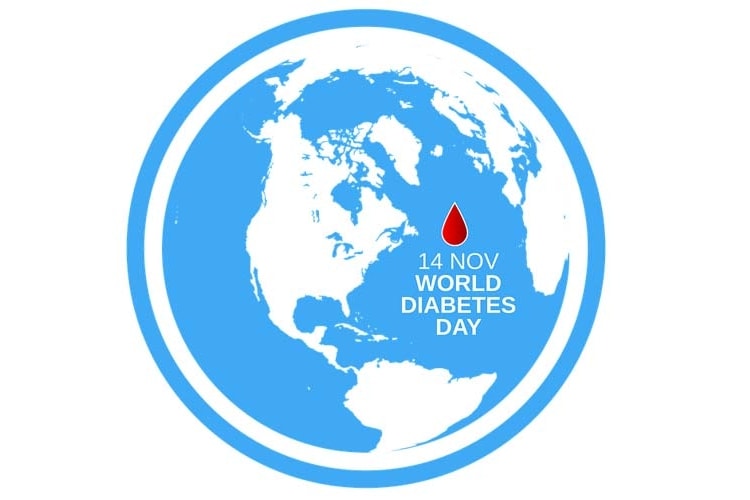Across the world, there are an estimated 422 million adults living with diabetes and the global prevalence of this disease has nearly doubled since 1980 to 8.5% of the adult population. This disease is one of the main diseases, as are cancer and cardiovascular disease, that lead to disability and death. Every year, to raise awareness, there is World Diabetes Day - and the theme of this day on 14th November, 2021 was access to diabetes care. The dental team has an important role to play in improving not only the oral health of their patients with diabetes, but also their general health. When reviewing your patient's medical history, if it indicates they have diabetes, there are some follow up questions dentists must ask, and some special considerations. What questions should you ask your patients with diabetes?Firstly, you need to establish more information about a patient with diabetes. This includes what type they have (if they have not already noted this on the medical history form), when they were diagnosed, what medications they take, how they manage their condition and the details of their medical team. You can also ask more specific information about their blood glucose should the patient know it, such as their target blood glucose levels, or their most recent HB1AC levels which is a measure of blood glucose control over a 2 to 3 month period. Dental professionals should also enquire about specific oral health issues people with diabetes can have, in order to help address these. For example, patients may complain of a dry mouth, bleeding and inflamed gums, altered taste, or problems with infections and delayed healing. How to identify potential pre-diabetes or diabetes in patients who require referral to a physician?Dentists can play a role in identifying patients who have not been diagnosed but may have diabetes or pre-diabetes. Patients with deep periodontal pockets who are younger or don't have any other risk factors such as poor oral hygiene or smoking, or have other oral manifestations that may signal diabetes, can be referred to their medical practitioners to investigate further. Studies have highlighted the detection of undiagnosed diabetes or pre-diabetes in patients who present at dental settings. In one study, after identifying patients who had at least one risk factor for diabetes (e.g., a family history of diabetes, hypertension, high cholesterol or obesity), further screening was conducted. This included a periodontal examination, and a HbA1c point of care test. (A follow up fasting plasma glucose test was used for the study outcome.) It was found that having deep pockets in more than a quarter of locations or at least 4 missing teeth, together with an HbA1c result of 5.7% or higher, correctly identified 92% of individuals with diabetes/pre-diabetes. Given that a periodontal examination is included in the examination of dental patients, and the ease of point-of-care testing, this offers an opportunity for dental professionals. Recent findings in periodontal clinics also suggest that screening for diabetes and pre-diabetes based on increasing age, body mass index, stage of periodontitis and status of aMMP-8 may be a suitable method to screen and refer patients. Dental professionals can guide their patients in practicing appropriate oral hygiene and can also recommend the use of antibacterial agents for oral care. Advice to reduce and control the oral biofilm should include:
The dental team clearly has a part to play in the identification of patients who may have pre-diabetes or diabetes, referring these individuals for medical examination and diagnosis, and supporting patients with diabetes regarding their oral care needs and therefore their oral and systemic health. |

Why Oral Care is so important for your Patients with Diabetes
Date: November 2021
Author:Natalie Bradley

Was this article helpful?
If you’d like a response, Contact Us.